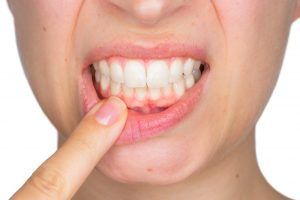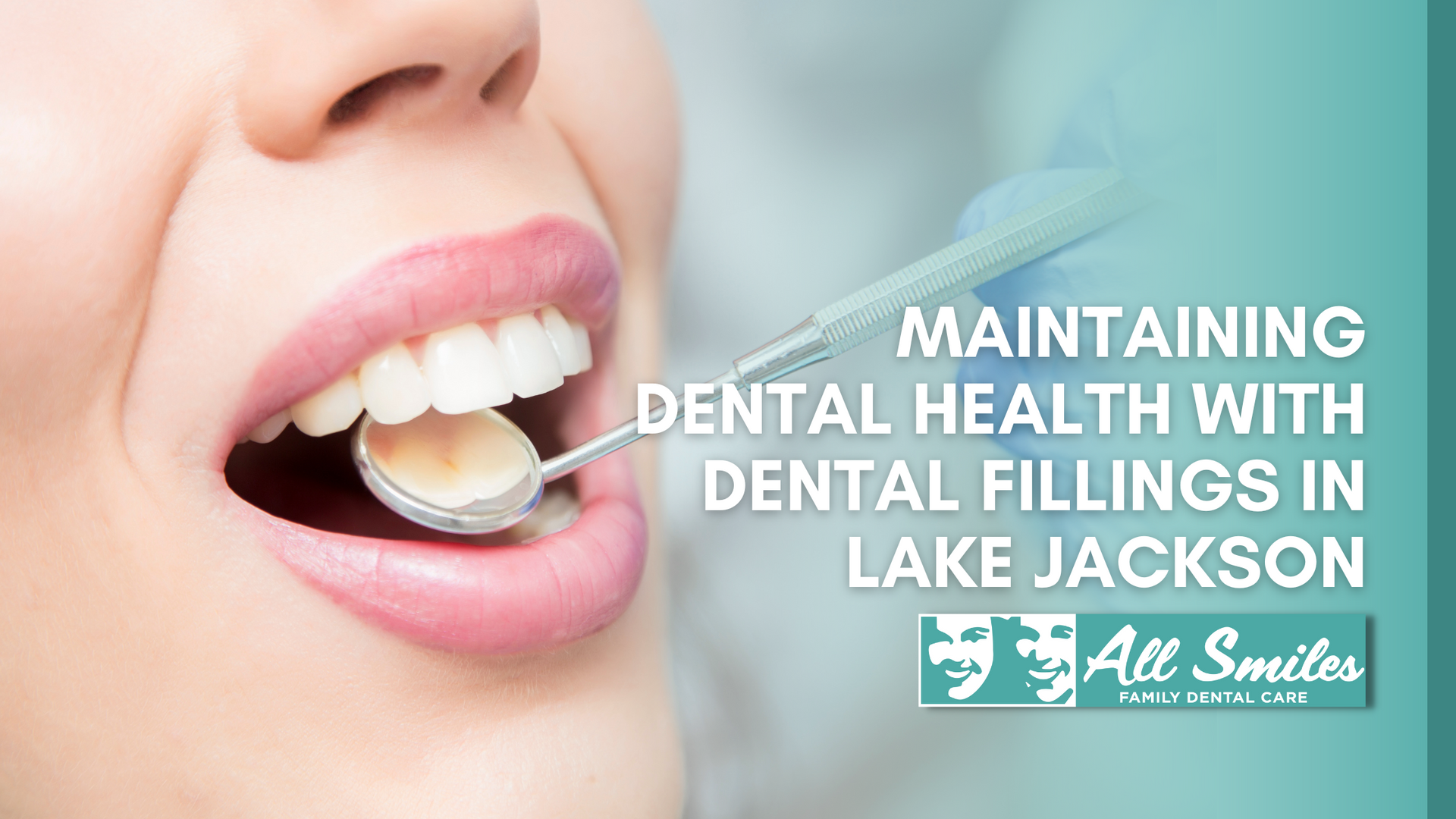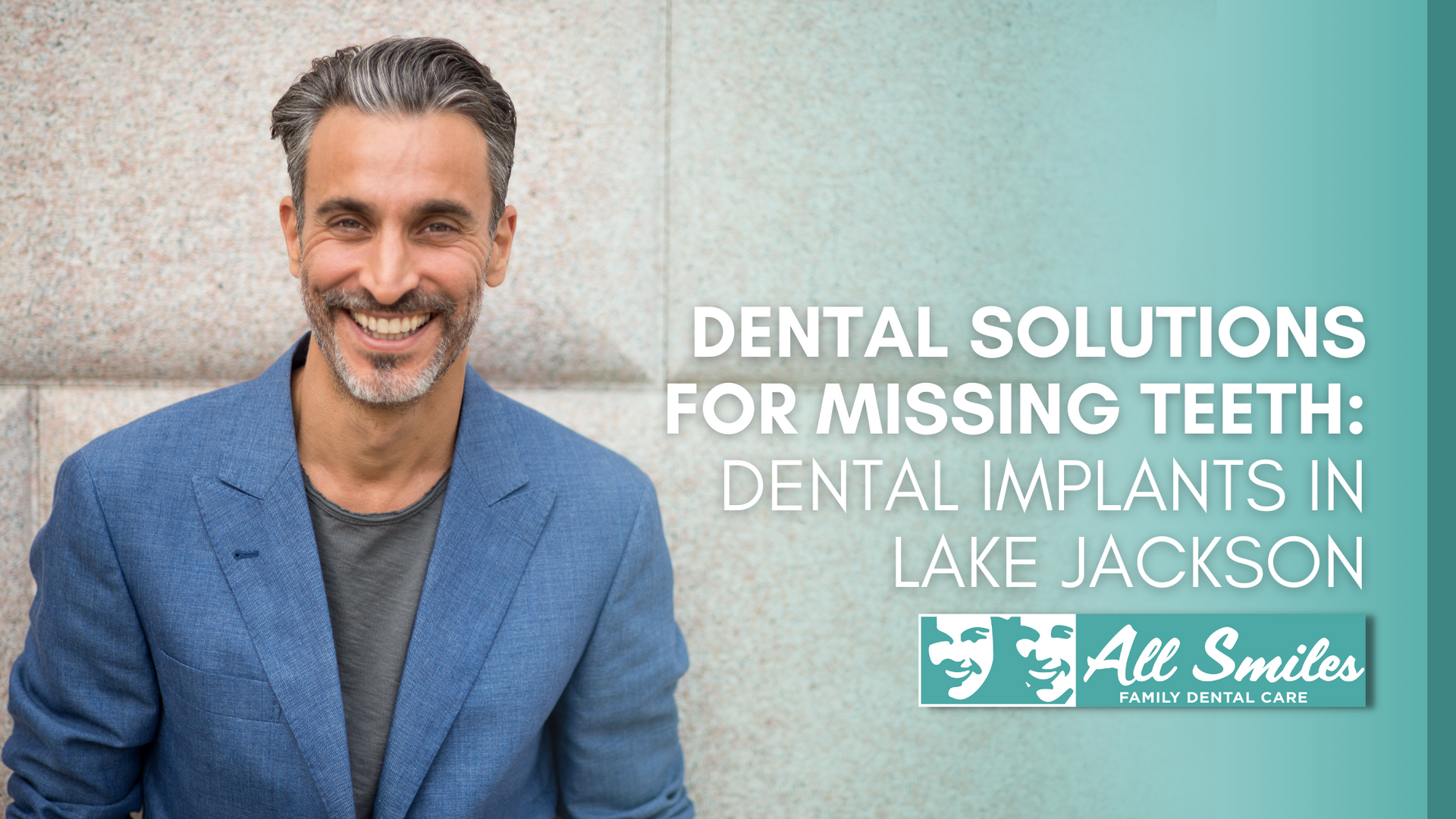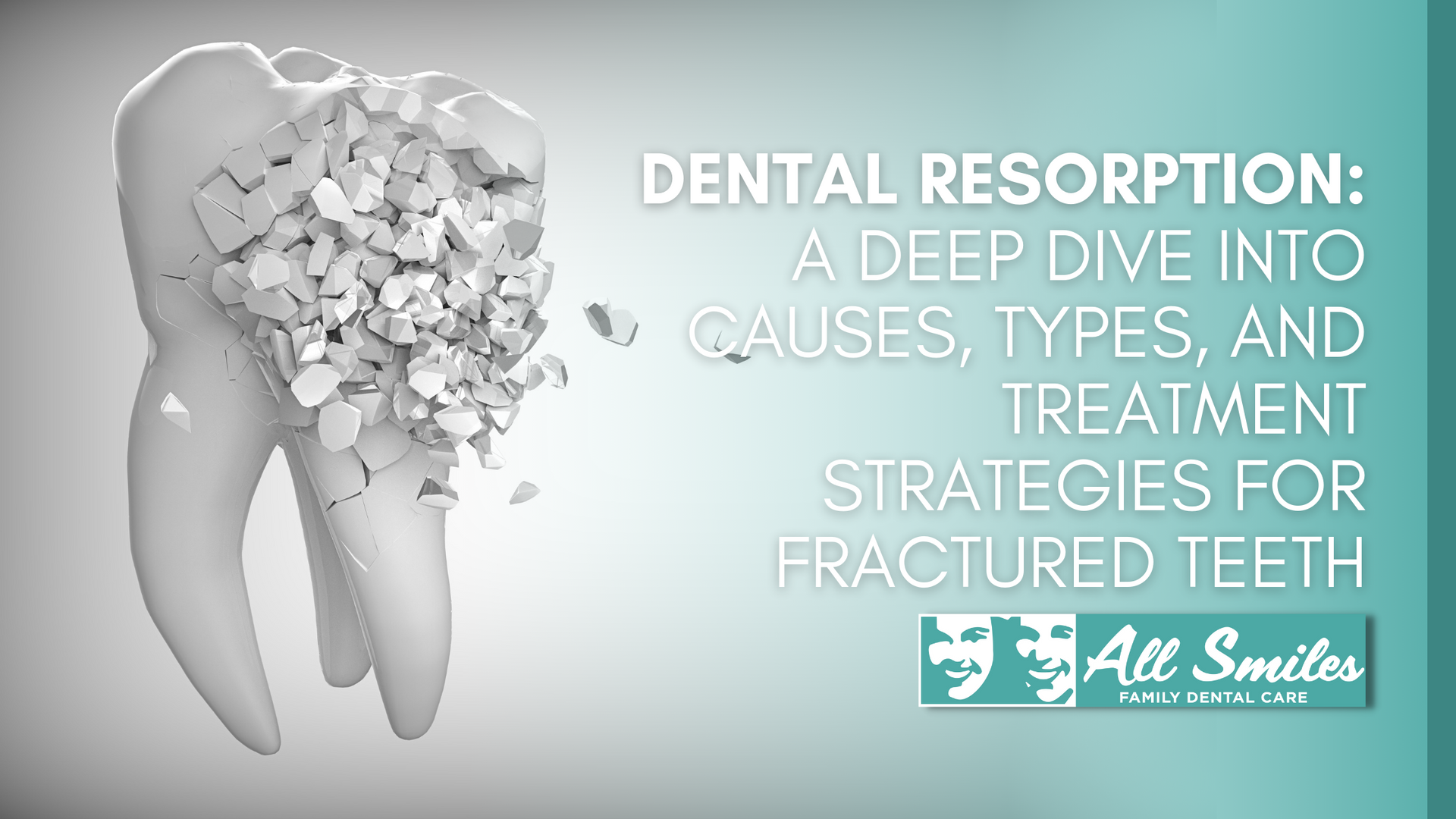When it comes to dental health, the state of your gums is just as important as your teeth. Gum―or periodontal―issues occur when plaque builds up, is not adequately removed, and begins to gather around the gumline, attracting bacteria. This can lead to infection of the gum tissues and, if not treated, can lead to severe dental and health problems.
The good news is periodontal issues can be prevented. There is a lot you can do on your own to manage plaque buildup, and periodontal treatment can remove the stubborn spots you are unable to tackle. For prevention, follow these five tips to keep your gums and teeth healthy.
What are the Periodontal Prevention Steps?
1. Brush and Floss Regularly
One of the best things you can do to prevent periodontitis is to practice good oral hygiene such as brushing and flossing. Brush at least two times every day and floss at least once. Make sure you get not only your teeth but your tongue as well, as it is a breeding ground for bacteria.
Choose a toothbrush, toothpaste, and floss that is stamped with the ADA Seal, indicating it meets effectiveness and safety standards. If you currently have plaque buildup, your dentist may recommend additional at-home treatments.
2. Use A Good Quality Mouthwash

After you are done brushing and flossing, rinse your mouth with a high-quality mouthwash.
This is a secondary way to remove existing plaque and get rid of any food or residue you missed.
3. Eat a Balanced Diet & Quit Smoking
Typically, living a healthy way of life prevents periodontal disease as well as other chronic issues.
Eat a balanced diet of healthy fats, fruits, vegetables, whole grains, and lean protein. It also helps to drink a lot of water.
If you use tobacco, do your best to quit.
4. Know the Outside Risk Factors of Gum Disease
Certain things can negatively impact your gums. The following are risk factors to be aware of:
- Genetics – if you have gum issues in your family, you may be at a higher risk, so good dental hygiene is imperative from a young age.
- Age – the risk of getting the periodontal disease increases the older you get.
- Stress – stress wears down the body’s ability to fight infection, and it is a factor in many chronic health issues; gum disease is no exception.
- Tobacco use – smoking and chewing tobacco are two of the worst things you can do if you want to prevent periodontal issues.
- Obesity – people who are overweight are at a higher risk.
- Teeth grinding – grinding or clenching your teeth can wear down the gum tissue at a faster rate.
- Prescription drugs – let your dentist know if you are taking certain drugs such as heart medication, birth control pills, or anti-depressants.
5. Make An Appointment at Your Local Dental Office
Even with the best intentions and at-home care, it may be challenging to get rid of all the plaque buildup. Over time it hardens into a rough material, and only the tools in a dentist office can remove it.
You should visit a credible and professional dental office, like All Smiles, twice a year for teeth cleaning and a dental exam by a family dentist.
During the exam, our dentists will ask about any existing medical issues, new medication, or other risk factors. They will then examine your gums for firmness and color, and a gentle probe will measure the space between the gums and teeth to see if there are any periodontal pockets. The dental professional will also look at the level of plaque on your teeth and along the gumline, examining your bone structure and bite.
Contact All Smiles Dentistry
If the symptoms of periodontal disease are identified early, you and your dentist can take steps to prevent it from getting serious.
Contact All Smiles to set up an appointment and get all of your questions answered today!
At All Smiles Dentistry, our staff is knowledgeable, friendly, and patient-focused, so we can keep you and your family’s smile healthy and bright. If you have concerns about your teeth fillings, or any other dental needs, make sure to contact us today for a consultation. You can reach out to us through our website or by calling us at 976-297-1128.
Image Credit: Shutterstock



